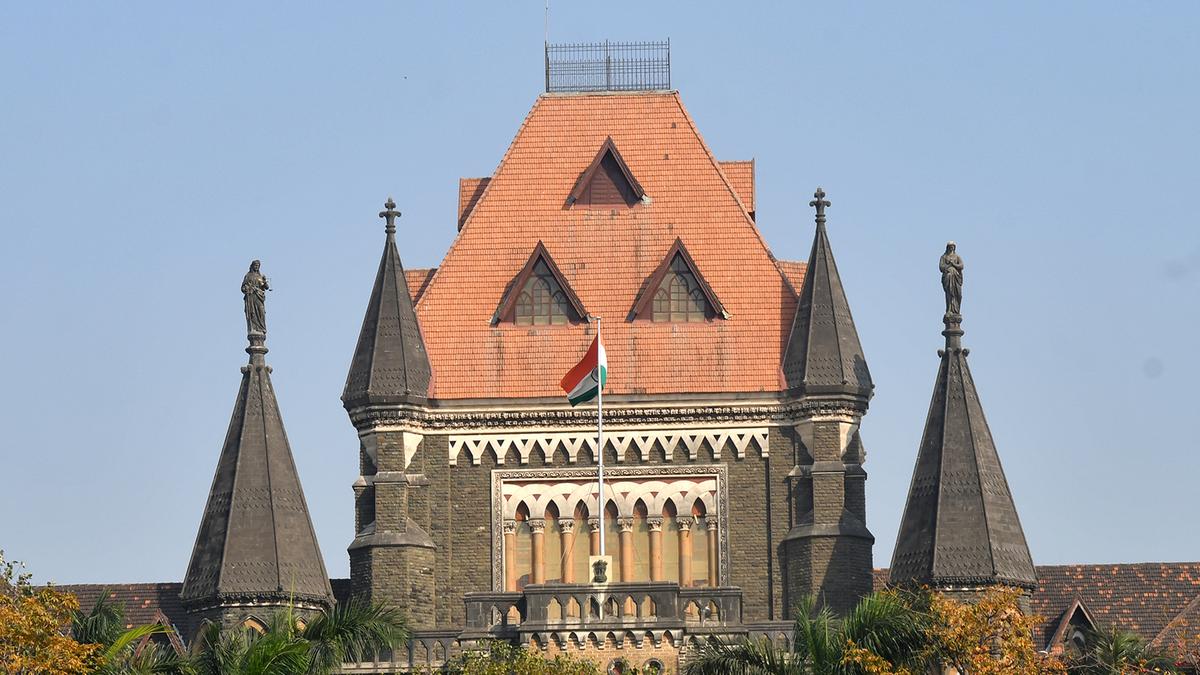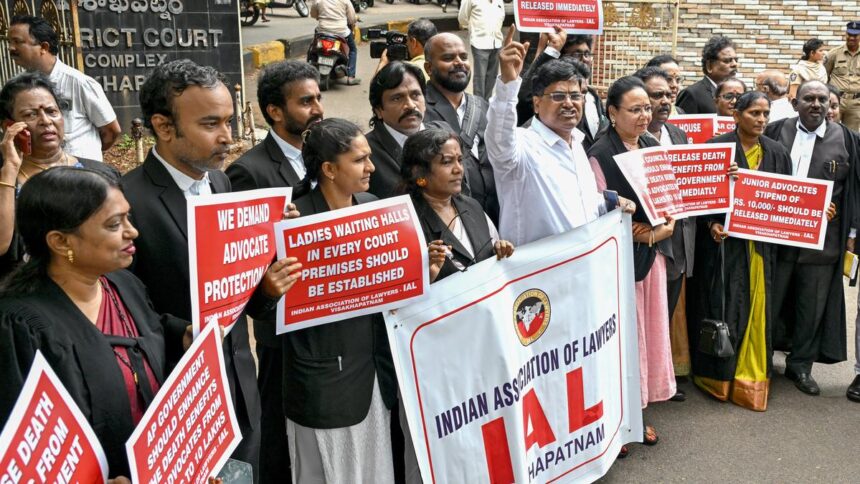
Justice Godse found it “unbelievable” that the widow’s husband had given them permission to live there when one sister had already moved in before 1966, the year he got his share of the property. File
| Photo Credit: The Hindu
The Bombay High Court has cancelled orders of the Satara trial court and the district appellate court that told three sisters to leave their late father’s property. The High Court said their right to live in the house is protected under Hindu law.
Justice Gauri Godse, deciding in favour of the sisters, said, “Irrespective of whether Rama (father) died before or after 1956, the appellants, being daughters of Rama, had a right to his property. Before 1956, Rama or his heirs, who inherited his property, were bound to maintain the appellants, and on the death of Rama, they were entitled to be maintained out of his estate under a moral, though not a legal, obligation to maintain them. After the 1956 Act, Section 14 has improved their right of maintenance acquired before the 1956 Act, which has culminated in an absolute right. In view of Section 23 of the 1956 Act, the appellants had the right of residence in the dwelling house.”
The land originally belonged to Natha, who had two sons — Rama and Chandar. In a family partition, the land went to Rama. Rama had three sons and three daughters. One of his sons, Laxman, was married to the woman who later took the matter to Court.
She claimed that after another partition in 1966, this property went to her husband Laxman. She said Laxman had let his sisters stay in the house out of sympathy, but after his death, she ended this arrangement in 1986 and asked them to leave.
The sisters said their father Rama had allowed them to live there for maintenance and that they had built the house with their own money. One sister, widowed in 1949, moved in while her father was alive. The other two, deserted by their husbands, joined her later — one of them in 1956 with her infant son.
Two lower courts had agreed with the widow and ordered the sisters to leave, calling them “gratuitous licensees” who had no permanent right to stay.
Justice Godse found it “unbelievable” that the widow’s husband had given them permission to live there when one sister had already moved in before 1966, the year he got his share of the property.
Quoting legal principles, the Judge observed, “Pre-1956, unmarried daughters, widows or destitute daughters were entitled to be maintained by their father and reside in the father’s property. Hence, in the present case, the right of the defendants to residence prior to 1956 would become an absolute right after the Act of 1956 came into force.”
The Judge added, “…Under any contingency, the plaintiff is not entitled to seek possession from the appellants on the ground that they were gratuitous licensees and she terminated it.”
The High Court said the sisters’ right to live in the home “needs to be protected” and cancelled the previous orders, dismissing the case to evict them.
Published – August 14, 2025 04:48 pm IST


















